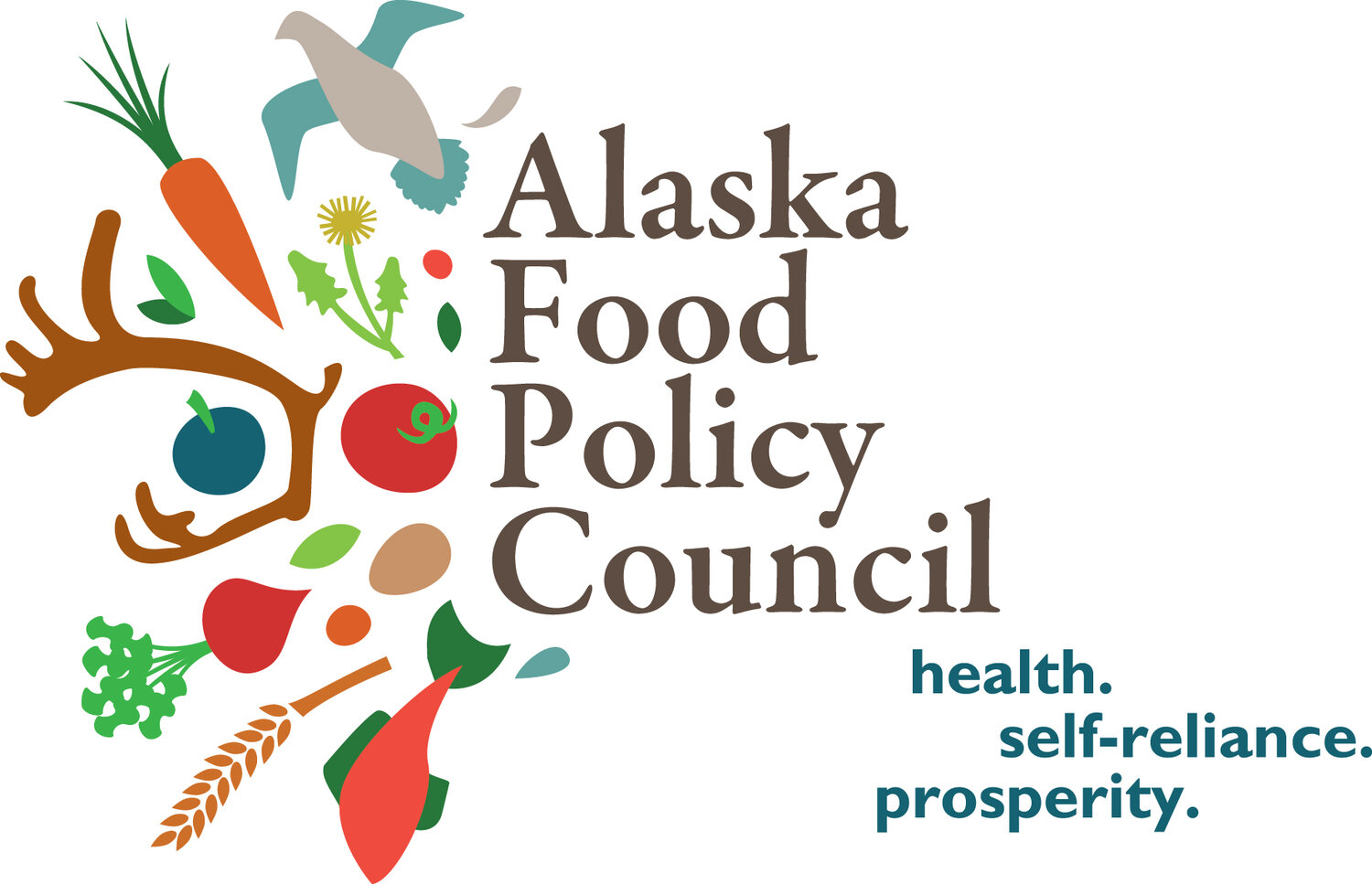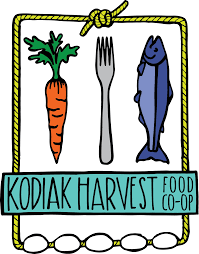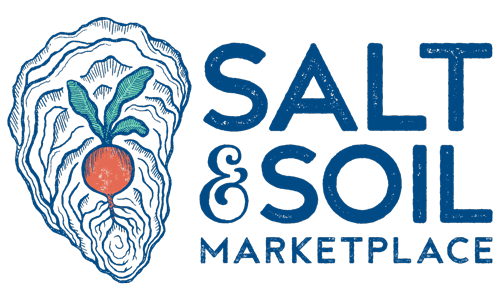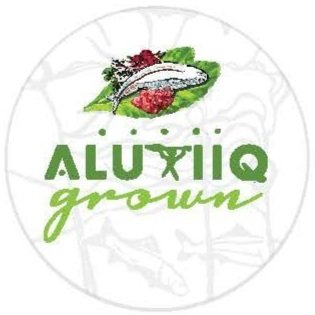A food hub is defined by the USDA, as “a centrally located facility with a business management structure facilitating the aggregation, storage, processing, distributions, and/or marketing of locally/regionally produced food products.” Food Hubs’ popularity is gaining momentum in the state, with many communities exploring creating their own place-based models. In the fall of 2015, the Alaska Food Policy Council hosted the Wallace Center for an all-day Food Hub Workshop in Anchorage, which was attended by 40 participants from around the state.
The goal was to gather a wide array of stakeholders - farmers, growers, food businesses and entrepreneurs, buyers, chefs, and related organizations, to build community, identify what is going well with our food system, identify common challenges, possible solutions, and innovative ways to work together to strengthen the local food movement.
Check out our 2024 Report: How the Alaska “Food Hub” Network Can Best Move Forward
Resources:
How the Alaska “Food Hub” Network Can Best Move Forward. Ken Meter, Crossroads Resource Center, Minneapolis, MN for Alaska Food Policy Council. February 2024.
Alaska’s Food Hubs:
Kenai Peninsula - Homer, Soldotna, Ninilchik, Seldovia
Hosted by Cook Inletkeeper, Contact: Robbi & Kyra at Alaskafoodhub@inletkeeper.org
Anchorage, Eagle River, Wasilla, Girdwood
Contact Kyla at arcticharvest@outlook.com
Anchorage, Fairbanks
Hosted by Alaska Marine Conservation Council, Contact Katy at katy@akmarine.org
Contact Tifani (tperez@kodiakharvest.org) and Tyler (Tyler.Kornelis@kodiakhealthcare.org)
Qik’rtaq Food Hub (opening Spring 2022)
Kodiak, Larson Bay, Ouzinkie, Old Harbor, Port Lions
Hosted by Kodiak Archipelago Leadership Institute and Alutiiq Grown, contact Robbie (robbietownsendvennel.kali@gmail.com) and Max (maxlyons.kali@gmail.com)
Southeast - Juneau, Haines, Sitka
Hosted by Southeast Alaska Watershed Coalition - moving to EcoTrust (2022), contact Meghan (mstangeland@ecotrust.org)and Jennifer (jnu@ecotrust.org)
Since autumn 2015, four organizations have received funding from the USDA LFPP grant program to create Alaskan food hubs. During the 2020 pandemic, consumers looked to alternative and distanced methods to purchase local food. Food hubs around the state have reported increased sales and farmer participation over the last year. For example, the Alaska Food Hub experienced tremendous growth: doubled vendor participation, increased diversity and quantities of specialty crops, value-added, and meat, oyster, and seaweed products sold and grew sales by 211%. Early 2021 sales reflect that this trend in consumer and farmer interest in food hubs will stay.
Food hubs benefit farmers by connecting them with additional (and sometimes larger) markets and providing services like collective marketing, accounting, sales, and education. Food hubs can help get local food into underserved areas, as well as assist in gleaning activities to benefit food pantries, increasing access to fresh healthy foods. Food hubs strengthen local economies by creating jobs and new economic opportunities for farmers. They are convenient for both farmers and consumers, allowing for a one-stop shop (consumers) or one-stop-drop (farmers). Food hubs can strengthen food security by supporting local food systems and providing enhanced sales opportunities for specialty crop producers.
Alaskan food hubs vary widely in their operational capacities. To better strengthen Alaska’s Food Hubs, and in turn increase sales of local foods, the AFPC seeks to create a formalized “Alaska Food Hub Working Group'' (stay tuned for details!) which will convene all willing, existing and emerging, food hubs from around the state. The focus of the group will be knowledge sharing and creation, professional development for food hub operators, and a statewide consultation on how to better collaborate and connect our state’s food hub operations, with the goal of regional product exchange.













